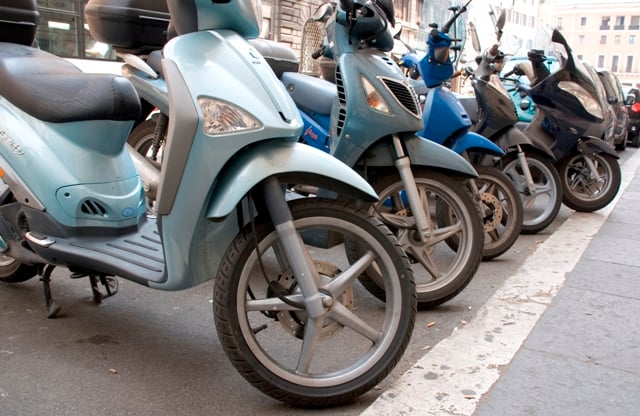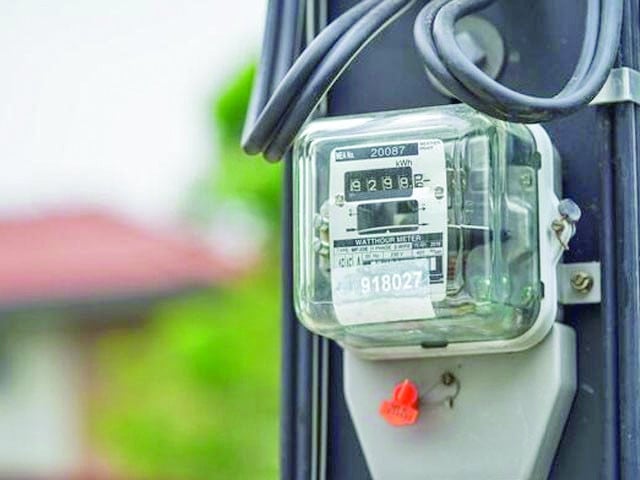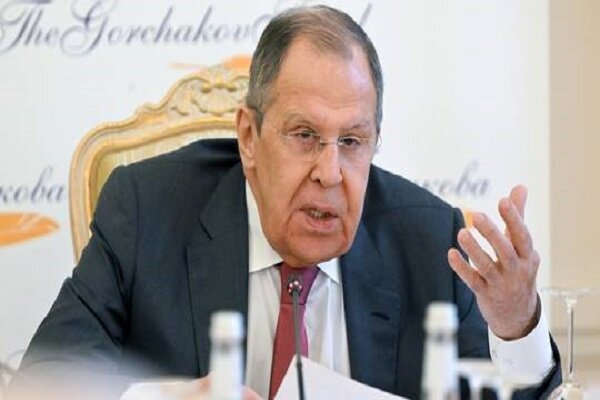
ISLAMABAD:
Commercial banks are demanding higher interest rates on financing for electric two and three-wheelers but the government has turned down their request.
At present, the interest rate is 11% but they are demanding 5% additional interest to cover insurance and operational expenses. The Steering Committee on the Electric Vehicle Policy has decided to hold a meeting with banks to negotiate the provision of financing at fair rates for electric two and three-wheelers.
The government has announced a Rs9 billion subsidy in the federal budget and plans to give a total subsidy of Rs100 billion for two and three-wheelers over five years.
Experts say bank financing should ideally not exceed Karachi Inter-bank Offered Rate (Kibor) plus 1% or 2%. Fifth meeting of the Steering Committee on the Electric Vehicle Policy was held on Thursday, headed by Special Assistant to the Prime Minister (SAPM) on Industries and Production Haroon Akhtar Khan.
The meeting brought together representatives from key federal ministries, the Federal Board of Revenue (FBR), the State Bank of Pakistan (SBP), the Capital Development Authority (CDA) and coordinators from the Prime Minister’s Office to review progress on the New Energy Vehicle (NEV) Policy 2025-2030.
It was discussed that two-wheeler prices should not be above Rs200,000 as the government would provide a subsidy of Rs60,000 whereas the remaining amount would be given as bank loan.
Meeting participants said that companies engaged in manufacturing electric two and three-wheelers would be bound to use lithium batteries. Moreover, the option to swap batteries in two-wheelers should not be available to mitigate chances of battery theft.
China has also banned battery swaps and meeting participants suggested that the same should be done in Pakistan. They noted that a single battery charge should provide a range of 60 kilometres for two wheelers and 180 kilometres for three wheelers.
They held detailed discussions on the first phase of the proposed subsidy scheme for electric vehicles. A technical briefing was also given regarding battery performance and specifications, specifically considering Pakistan’s unique climatic conditions and their impact on electric vehicle performance.
Speaking on the occasion, Haroon Akhtar Khan said that the Ministry of Industries and Production was engaged in consultations with provincial governments regarding the policy and emphasised that this intergovernmental cooperation would continue to ensure effective and consistent implementation across the country.
He highlighted that the policy’s environmental impact would be assessed using international standards to measure reductions in greenhouse gas emissions and to explore opportunities for carbon credits. He reiterated the government’s commitment to promoting eco-friendly technologies under the guidance of the prime minister.
According to Haroon Akhtar, the NEV policy is aligned with the vision of steering Pakistan toward a greener, cleaner and more sustainable transportation system. He emphasised that electric vehicles would not only reduce Pakistan’s reliance on imported fuel but would also contribute significantly to lowering environmental pollution.
The PM aide concluded by stating that the government was fully committed to developing green transport infrastructure and the new policy aimed to achieve integrated progress in technology, economy and environmental sustainability.







